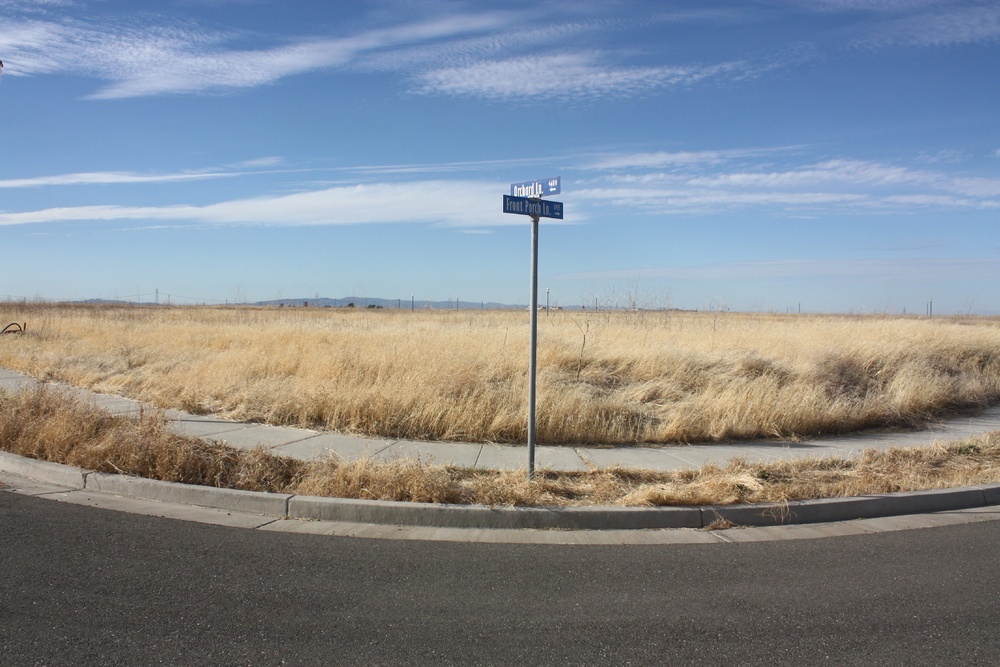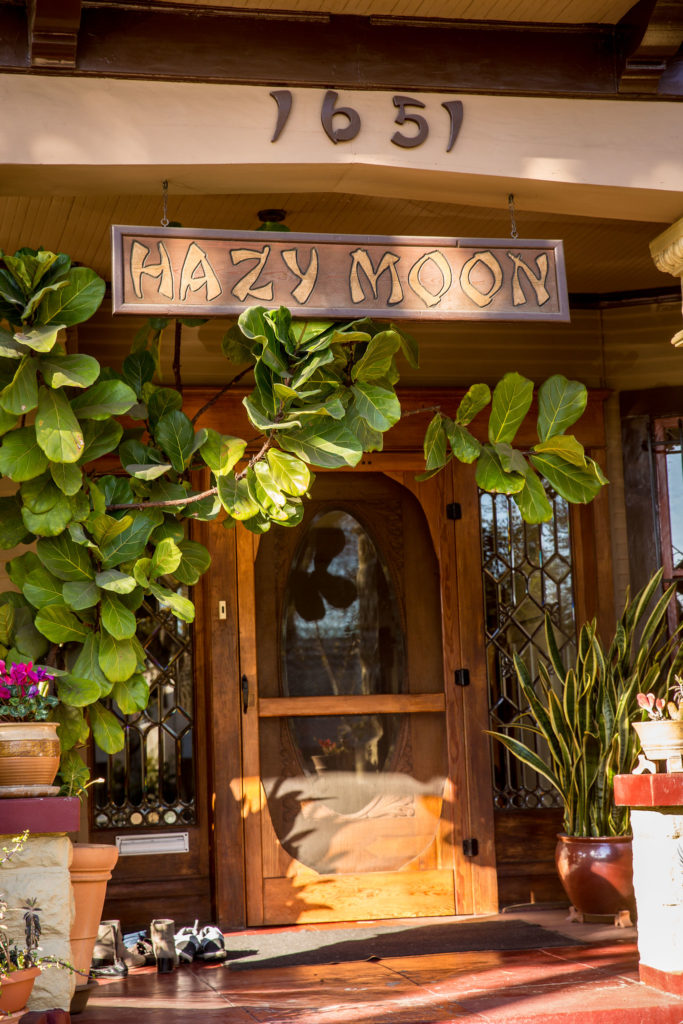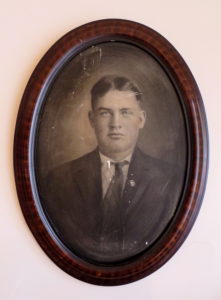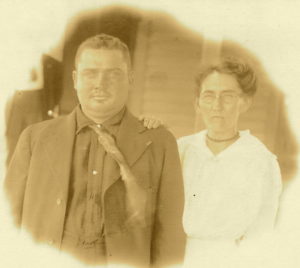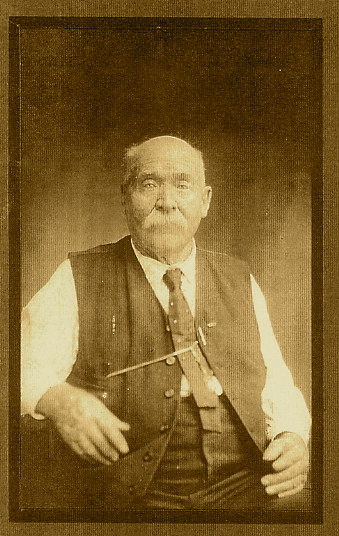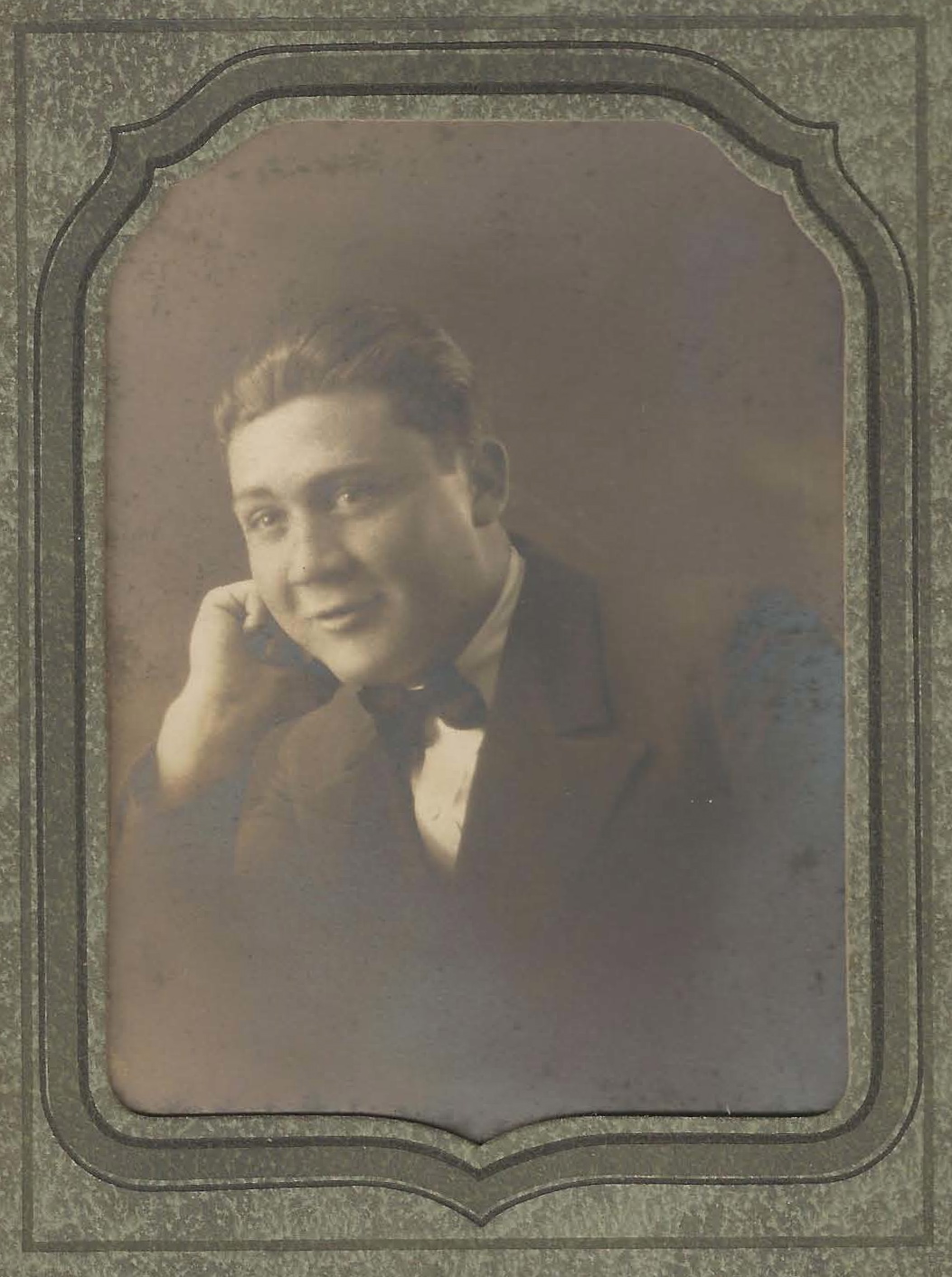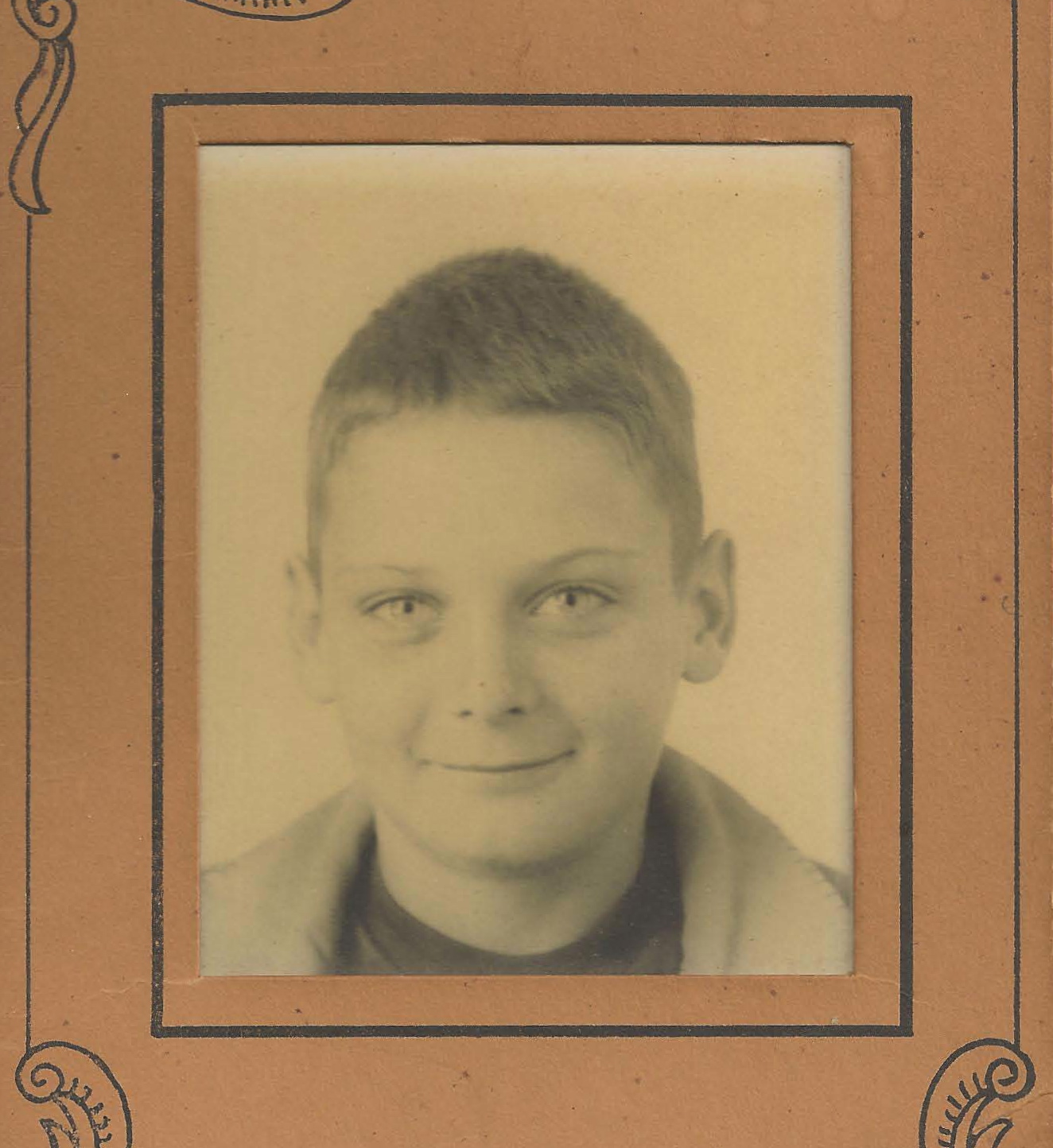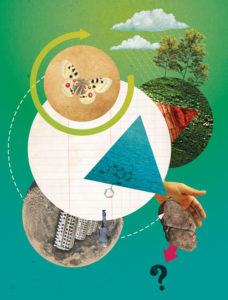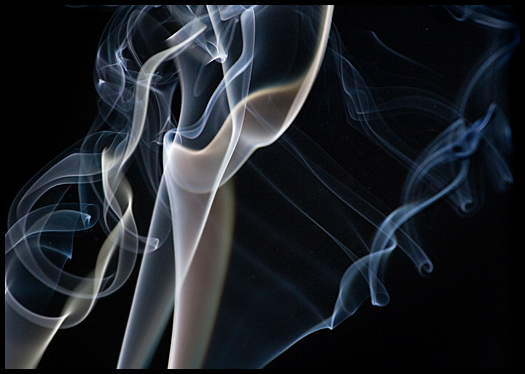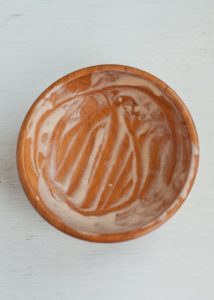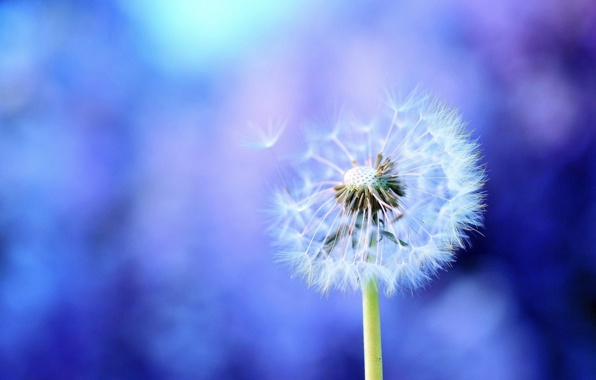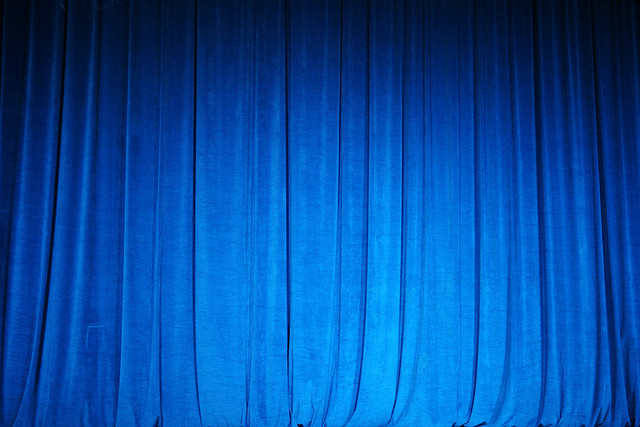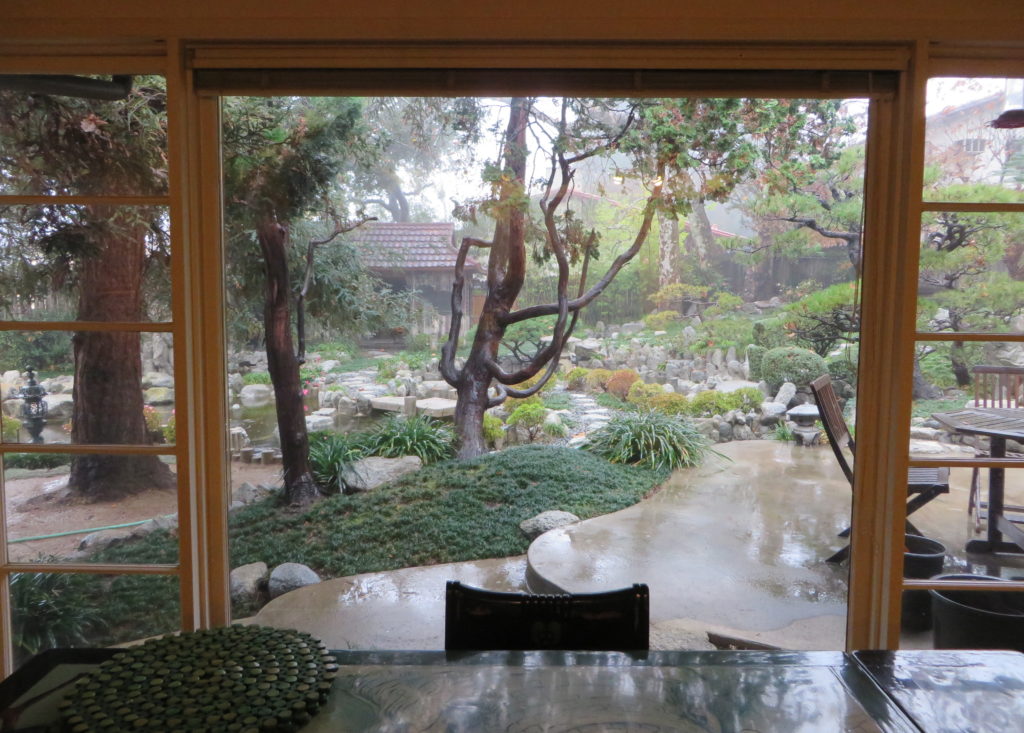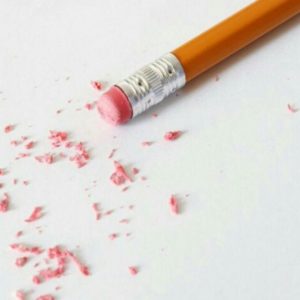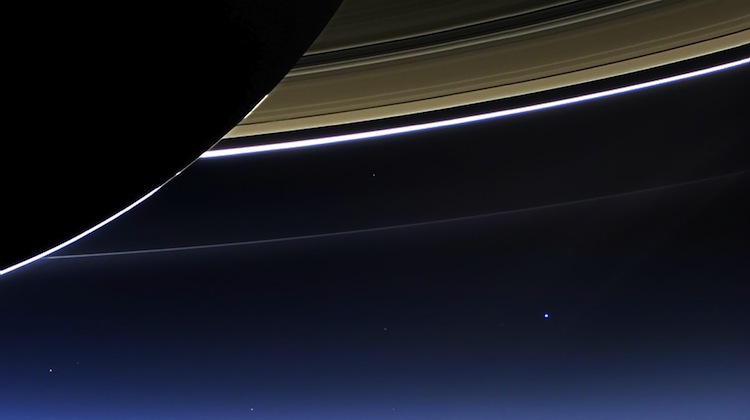When Friday rolled around I didn’t much feel like doing anything special. Just about every day I haul myself to a certain place for yoga, or another place for a workout, or charge up my Fitbit and conjure up a route by which to “get in my steps.” But it seemed to me that I should just use my body in an everyday way and so I decided to walk to Rite Aid and pick up a refill that was ready. I didn’t know how far Rite Aid was from me but it was far enough that I had never been there without driving. So after a half day of doing regular Friday stuff I set off.
Before I’d even walked to the end of the block I’d noticed how much was going on in my neighborhood. Three folks were having new yards put in—yards without any grass and with a lot of wood chips and rock— and two more had already completed theirs. Driving by, I’d seen it all happen, but I hadn’t really taken it in, focused on getting somewhere. Because I know what even a small landscape re-do can cost in time and money it seemed to me that my own street was a pretty hopeful example of good citizenship. It’s now fairly common in California to rip out a lawn, given climate change and water rationing, but these new yards are more than a way to save on a utility bill. Each one is not only an investment in a single household’s water savings but also an investment in the whole world’s water supply. Everyone benefits when one person does the right thing.
After awhile I noticed that a lot of rain gutters need cleaning, including mine. It’s not so bad to feel as if you have something like a mucky gutter in common because it’s, well, common. There’s grace in realizing that we all have a responsibility to take care of something messy without blaming anyone else for the trouble.
When I’d made it about half a mile west, I turned south to head down the hill to the shopping center. I started thinking about the last time I had made a long walk sort of like this one, not just to mark off the distance but to get somewhere. It was during the summer when I was 15 and I had a woeful crush on a boy who would never like me, and I lived invisibly in a small tract house on the barren side of town while he was living large on the leafy side, and I set out one day in the 500 degree heat that is a peculiar feature of your North Texas anguish to walk the 3.5 miles in his general direction for no other reason than I thought he might drive by and see me, the only person out walking on the sidewalk anywhere in town. Or maybe it was that I might see him, because he was someone you couldn’t help but see, being a spoiled son of an airline pilot who had given him a yellow 1973 Jaguar XKE for his 16th birthday. I try to think of how that day went and I can’t remember anything except the long stretch of hot sidewalk along Finley Road because nothing at all happened. I just made the seven mile round trip without anyone ever knowing what I’d done or how sad and silly I was. This boy’s name was Pete but a long time later I learned that his real name was an old-fashioned one, after his dad, a name that would have killed a teenage boy to say out loud, and I only learned that fact from his obituary which I certainly wasn’t thinking I’d come across anytime soon, having a persistent sense of my own youth. Reading between the lines, he appeared to have died without a family or a home of his own, no job, no biography, in his early 50s, and I saw it as the sad end of a dissolute life, a long flight from fear and pain. But what the hell do I know? I didn’t even know his name.
Then I got to Rite Aid where I couldn’t give a dime to the guy sitting at the table outside the entrance because I didn’t have a cent, but I gave him a decent hello.
How long is the walk to Rite Aid and back? About 12,000 steps and 45 years.
Today I’m starting on the gutters.
To subscribe to this blog and receive new posts in your email, please sign up here.

